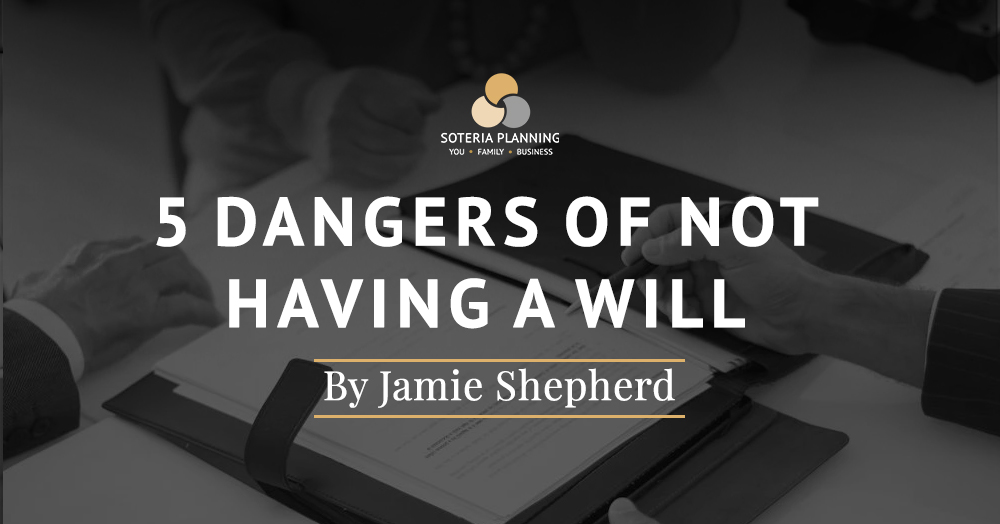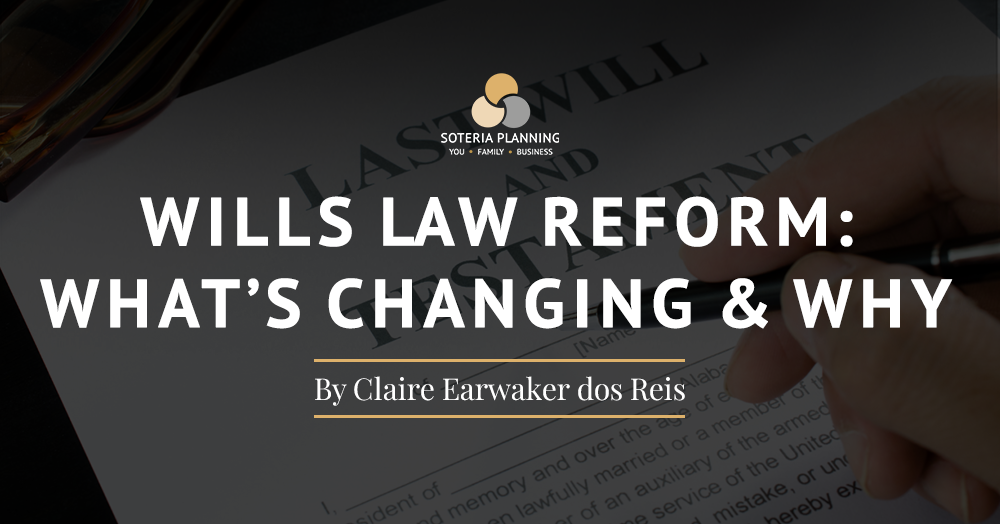Navigating the Risks | The Importance of Having a Will
In our busy lives, estate planning often falls to the wayside. Many of us postpone the creation of a will, believing there's always more time. Yet, this delay can have serious repercussions for you and your loved ones. We invite you to consider the five critical risks associated with not having a will.
1. Automatic Application of Intestacy Laws
If you pass away without a will, intestacy laws take over. These laws differ by region but typically prioritize immediate family—spouses, children, or parents—in the distribution of your assets. Unfortunately, this one-size-fits-all approach may not reflect your personal wishes. For example, life partners, stepchildren, or close friends might be left out, despite your intentions.
2. Potential for Family Disputes
A will clarifies your intentions and helps avoid familial disputes. Without your explicit instructions, disagreements about asset distribution can arise, potentially leading to distressing and expensive legal disputes. A clear, legally sound will acts as a guide, ensuring your estate is settled smoothly and as you intended.
3. Guardianship and Your Minor Children
For those with minor children, a will is essential for appointing guardians. In the absence of a will, the courts decide who will care for your children, possibly leading to outcomes contrary to your wishes. By specifying guardians in your will, you can ensure that your children are cared for by people you trust, avoiding unnecessary custody battles.
4. Lengthy Probate Processes
The probate process—where a will is validated and assets are distributed—becomes more complicated and prolonged without a will. This can freeze assets, delaying when your beneficiaries can access what you have left them, impacting their immediate financial needs.
5. Missed Opportunities for Tax Efficiency
A well-constructed will can also facilitate more effective estate tax planning. Without it, your estate might face higher taxes, diminishing the legacy left behind for your beneficiaries. By using trusts, gift strategies, and other tools, you can enhance the tax efficiency of your estate, protecting the wealth meant for your heirs.
Conclusion
While it may be uncomfortable to think about, the absence of a will can jeopardize both your legacy and the well-being of your loved ones. Proactive estate planning allows you to ensure that your assets are distributed as you wish, minimize potential conflicts, and safeguard your family's future. Don’t delay—reach out to Soteria Planning today to craft a will that reflects your unique needs and goals. Your future self, and your family, will be grateful you did.



Share this with
Email
Facebook
Messenger
Twitter
Pinterest
LinkedIn
Copy this link